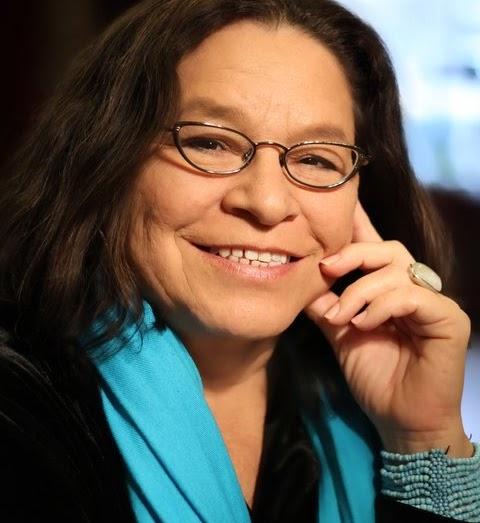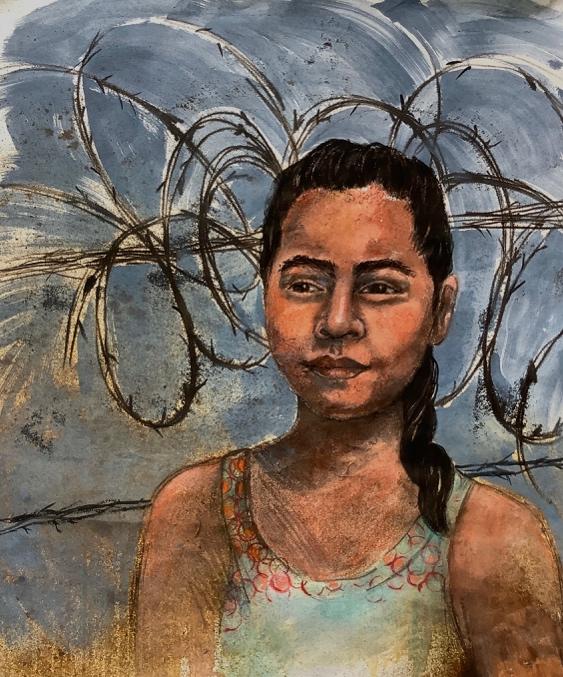Colombian President Iván Duque on February 8th decreed that all Venezuelans who arrived in the country before January 31 may receive a “Temporary Status for Venezuelan Migrants” (ETPV) allowing them to stay in the country for 10 years, to work legally, and to access health and education services, including COVID-19 vaccines. El Tiempo revealed a February 6 communication that the Cuban embassy in Colombia shared with the Colombian government, the chief of the UN Verification Mission, and two Catholic Church representatives. It reads: “Our embassy received information, whose veracity we cannot assess, about an alleged military attack by the Eastern War Front of the ELN in the coming days. We have shared this information with the ELN peace delegation in Havana, which expressed total ignorance and reiterated the guarantee that it has no involvement in the organization’s military decisions or operations.” In Buenaventura, the port that accounts for 70 percent of Colombia’s import-export activity, a paramilitary-derived gang that briefly dominated criminality in the city, “La Local,” underwent a December schism into two factions, the “Chotas” and the “Espartanos.” Daily street fighting has ensued, leaving much of the city’s 400,000 people in the crossfire. Estimates of the toll so far in 2021 range from 20 to 52 killed, and 112 to 1,700 families displaced.


